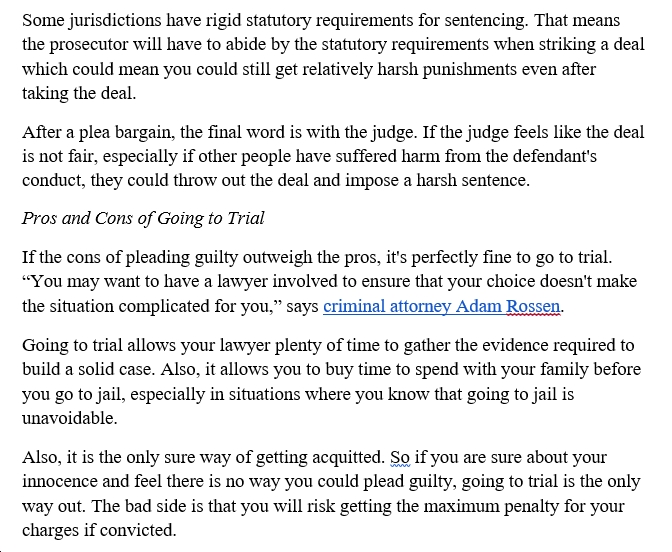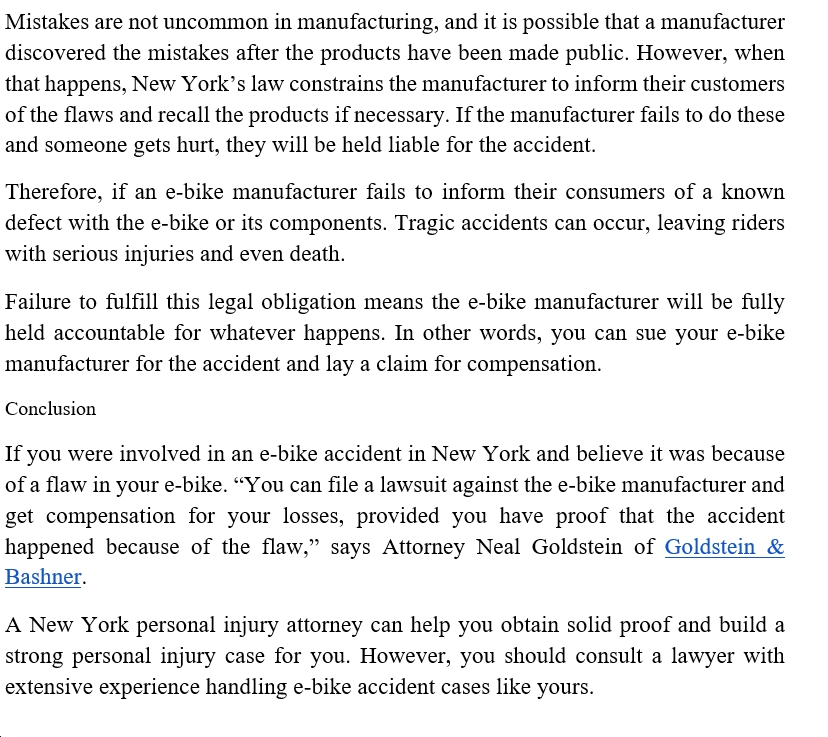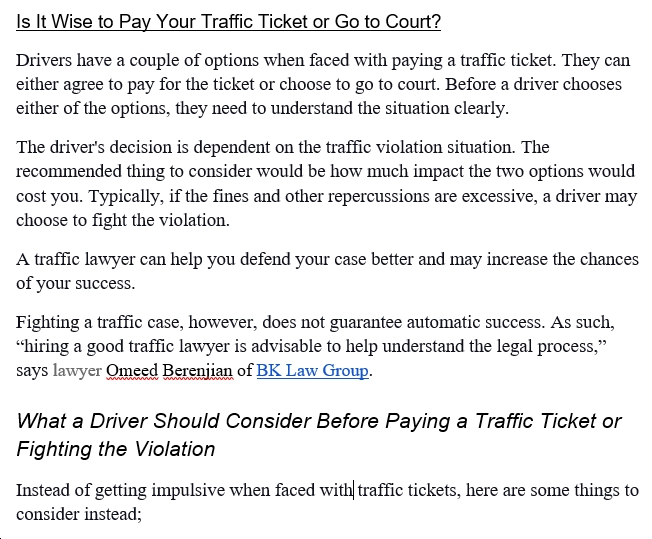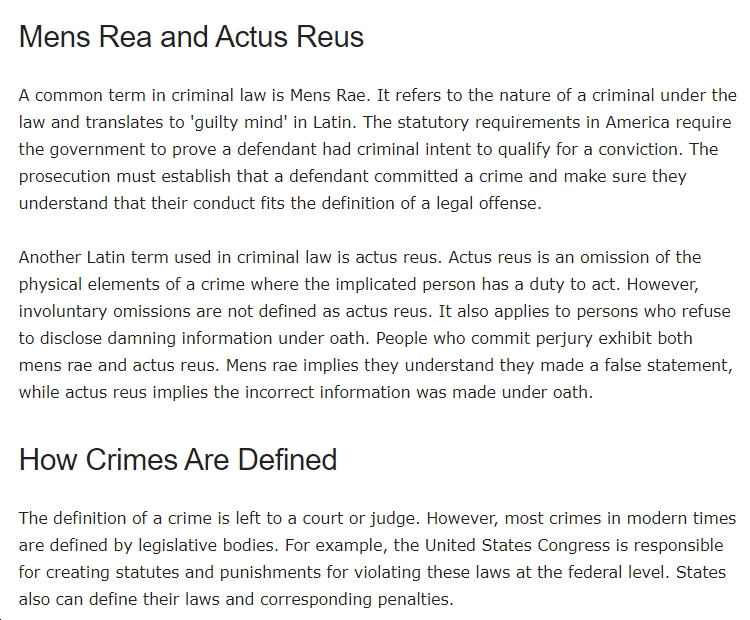SPONSORED CONTENT
Critical Facts about Nursing Home Arbitration Agreements
The nursing home administration usually asks clients to sign numerous documents, which can include relinquishing your legal rights if your loved one sustains an injury in the facility. The form you sign is called an “arbitration agreement.”
However, it is not limited to nursing homes; you can come across them in other endeavors. An arbitration agreement entails willingly letting go of your rights to a jury trial and filing a case against the other party.
An informed mind will be concerned if the family decides to move any member into a nursing home. It can be stressful and demanding to get to move-in day because you have to settle inter-family affairs and agree on what to do with the moving family member’s former home.
Further, the nursing home administration will welcome you with a stack of documents and paperwork that you must attend to carefully. An arbitration agreement is one of the documents you must sign.
The Implications of Signing a Nursing Home Arbitration Agreement
Signing an arbitration agreement means you have relinquished your rights to a jury trial at the nursing home. In other words, if the facility’s negligence leads to your loved one’s injury or wrongful death, you cannot sue the facility’s administration.
Some arbitration agreements reduce the damages you can raise and the damages you can claim. An arbitrator or a team of arbitrators will determine your claim if anything happens.
Arbitrators are like attorneys and judges but often less vigorous than juries. Hence, they award damages lower than a jury decides or approves. This is often the “ulterior motive” of nursing facilities when they make you endorse an arbitration agreement.
There was a practical experience for one New Mexico family in July 2020. They carried their 87-year-old family member who had a severe COVID-19 complication and was on oxygen to a nursing home. Despite her frightening and pitiful condition, the nursing home administration gave her a stack of documents, including an arbitration agreement form, to sign.
The family became enraged when they realized what the facility had asked her to sign. Fortunately, they discharged the infected family member without harm and went to another facility to recover. An arbitration agreement has never been in a patient’s favor; it is an intelligent means for nursing homes to avoid paying for their negligence if anything eventually goes wrong.
The Steps You Can Take
You must first realize that you do not need to sign the arbitration agreement. The agreement often says that your refusal to sign will not affect your care. It means you can refuse to sign and still receive optimal care.
In addition, because of the stress involved in moving a relative into a nursing home, it is advisable to engage an experienced attorney to review all given documents before signing. Remember that the lawyers who drafted the facilities’ documents had their interests in mind. “You also should consider an attorney to protect your interest and ensure a level playing field,” says Attorney Russell J. Berkowitz of Berkowitz Hanna Malpractice & Injury Lawyers.
Do not be tempted to take the most convenient path; do not sign the paperwork without your legal advocate because it might come back to haunt you. Slow down and ensure you fully comprehend your signing to be safe in the worst-case scenario. It is a smart move to ensure the nursing home does not cage you into accepting their terms hook, line, and sinker.

















